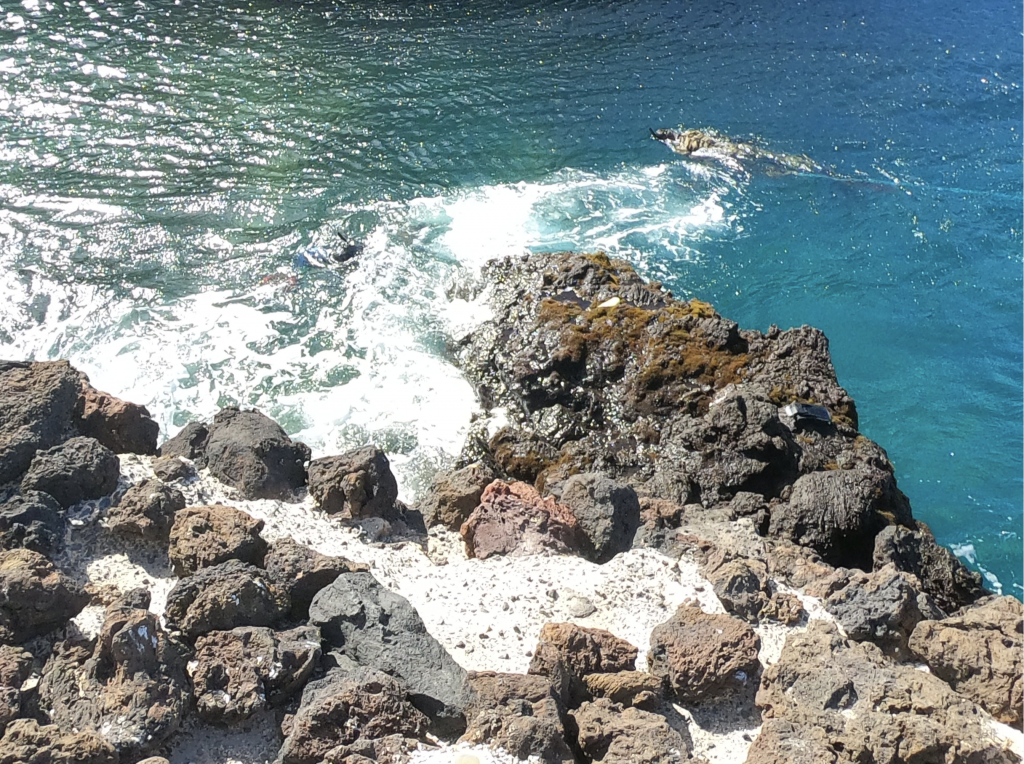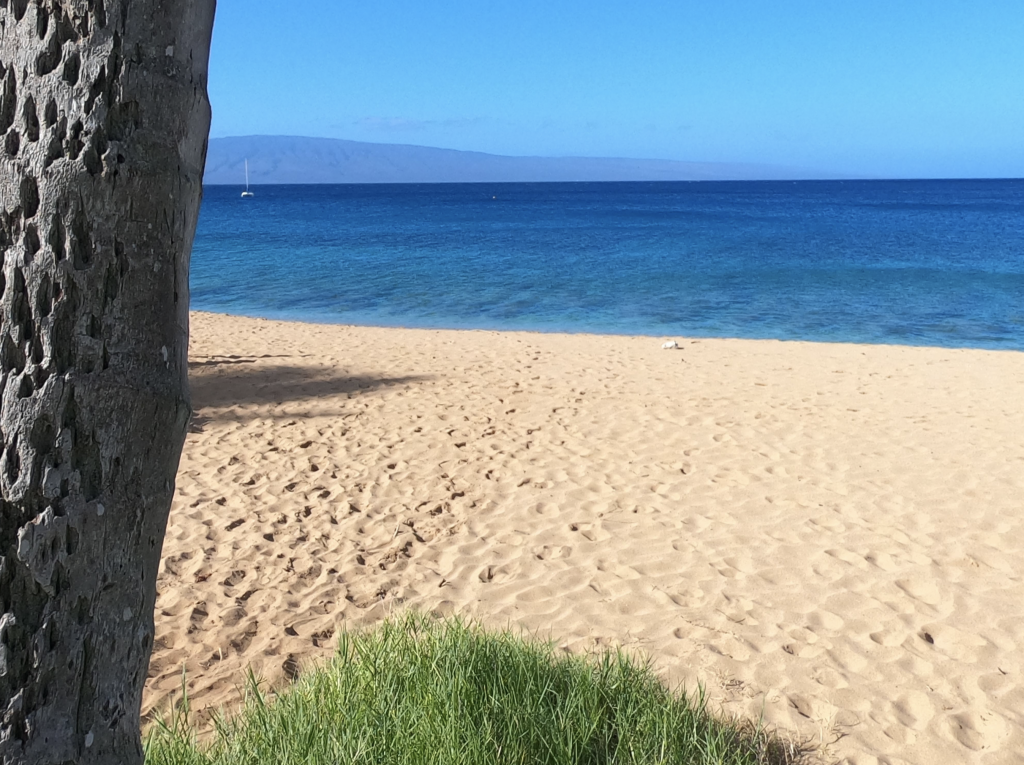Hawai‘i Federal Court Decides Maui’s Lahaina Facility Requires Clean Water Act Permit

One day after federal Judge Susan Oki Mollway issued an order requiring Maui County to get discharge permits for Lahaina injection wells under the Clean Water Act, Councilmember Kelly Takaya King said today she urges Mayor Michael P. Victorino to not appeal the decision.
Earthjustice, the environmental law firm representing the Hawai‘i Wildlife Fund, Sierra Club – Maui Group, Surfrider Foundation, and West Maui Preservation Association, said the ruling culminates a nine-year legal battle to stop degradation of the fragile marine environment.
“Yesterday’s ruling should be our final wakeup call,” King said about the case of Hawaiʻi Wildlife Fund v. County of Maui. “The issue has been clarified, and there is no reason to appeal or prolong the inevitable.”
Mayor Victorino made a brief comment about the case during his afternoon briefing on Friday, saying Corporation Counsel asked that the county not make a definitive statement. However, the mayor said the order is under review and the County has not determined what its next step will be.
“We have worked very hard. The Supreme Court gave us seven tests that needed to be fulfilled. Unfortunately, the District Court just threw it back at us saying get the NPDES permit that the state of Hawaiʻi, Department of Health needs to issue,” said Mayor Victorino. “So we’ll be working on this and once and for all, I want this case cleaned up. We’ve worked hard in Lahaina, putting in the pumping system, running the lines from the present wastewater treatment plant up to the new reservoir that is above there, and we’re going to be using that water for irrigation, agriculture and preventative green zones for brush fires and wildfires,” said Mayor Victorino.
On Sept. 20, 2019, the Maui County Council voted 5-4 to approve a settlement and withdraw the county from its then-pending appeal to the US Supreme Court case. In a letter on Oct. 18, 2019, the mayor announced his decision not to exercise the authority to settle the case, citing risks of “staggering costs of retrofitting treatment plants.”
“The main message from this case is that we hope we can learn from this experience for the future, and we shouldn’t waste precious time and resources fighting with our own residents who have legitimate concerns about the environment,” said King, who is in her third term holding the council seat for the South Maui residency area.
“We should be collaborating with experts and advocates on solutions to move forward and obtain necessary permits, instead of continuing to fight in court for the right to pollute.”
If Maui County does not appeal, Earthjustice notes that settlement terms negotiated in 2015 will go into effect mandating that Maui County invest at least $2.5 million in infrastructure to reuse treated wastewater from the Lahaina facility for irrigation in arid West Maui. Maui County will also be required to obtain and comply with a Clean Water Act permit for the Lahaina facility, which will ensure that any continued use of the injection wells will not harm water quality or the local reefs.










